Mayor of the moment
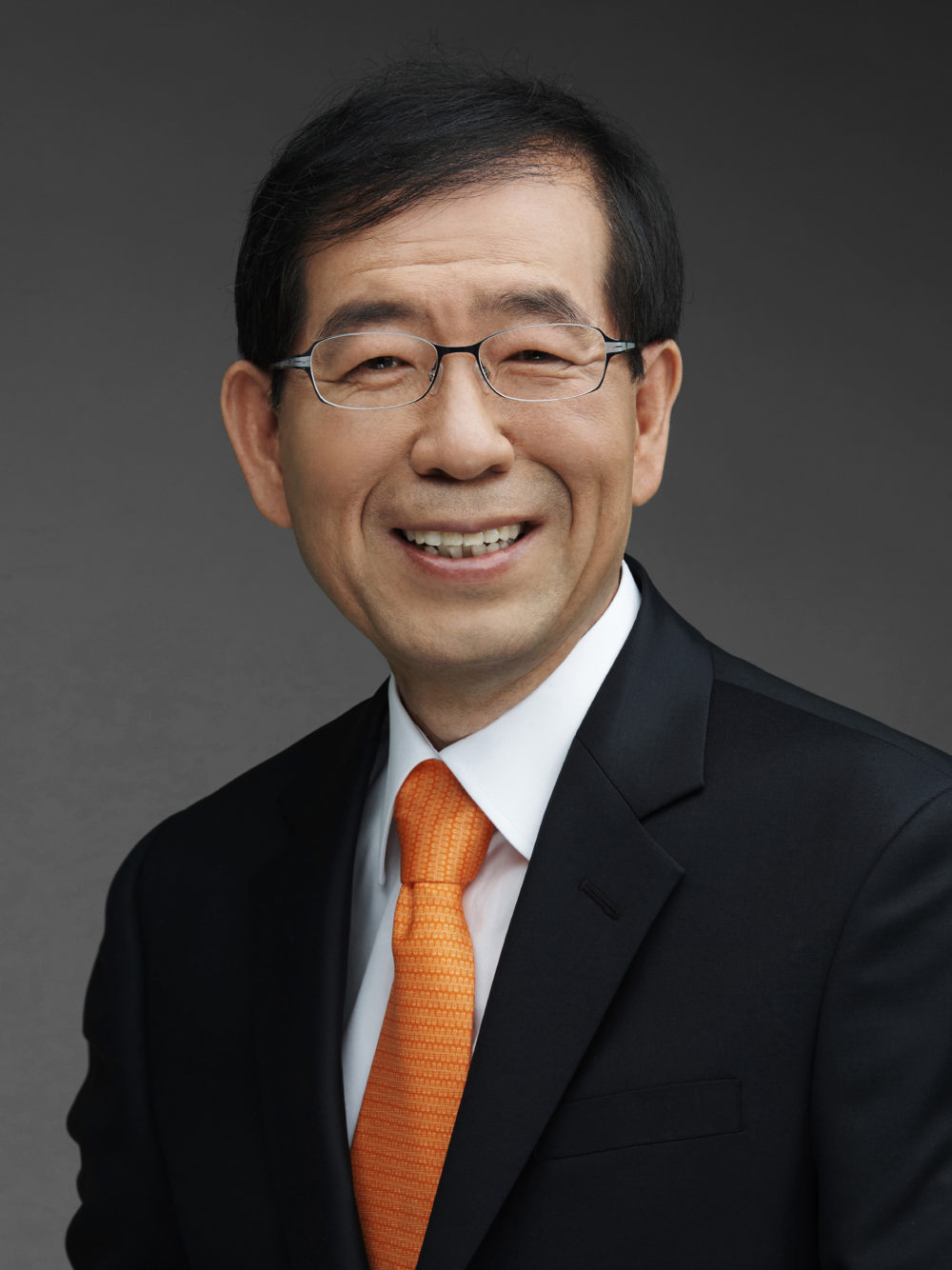
Park
Won SoonSeoul, Korea
Biography
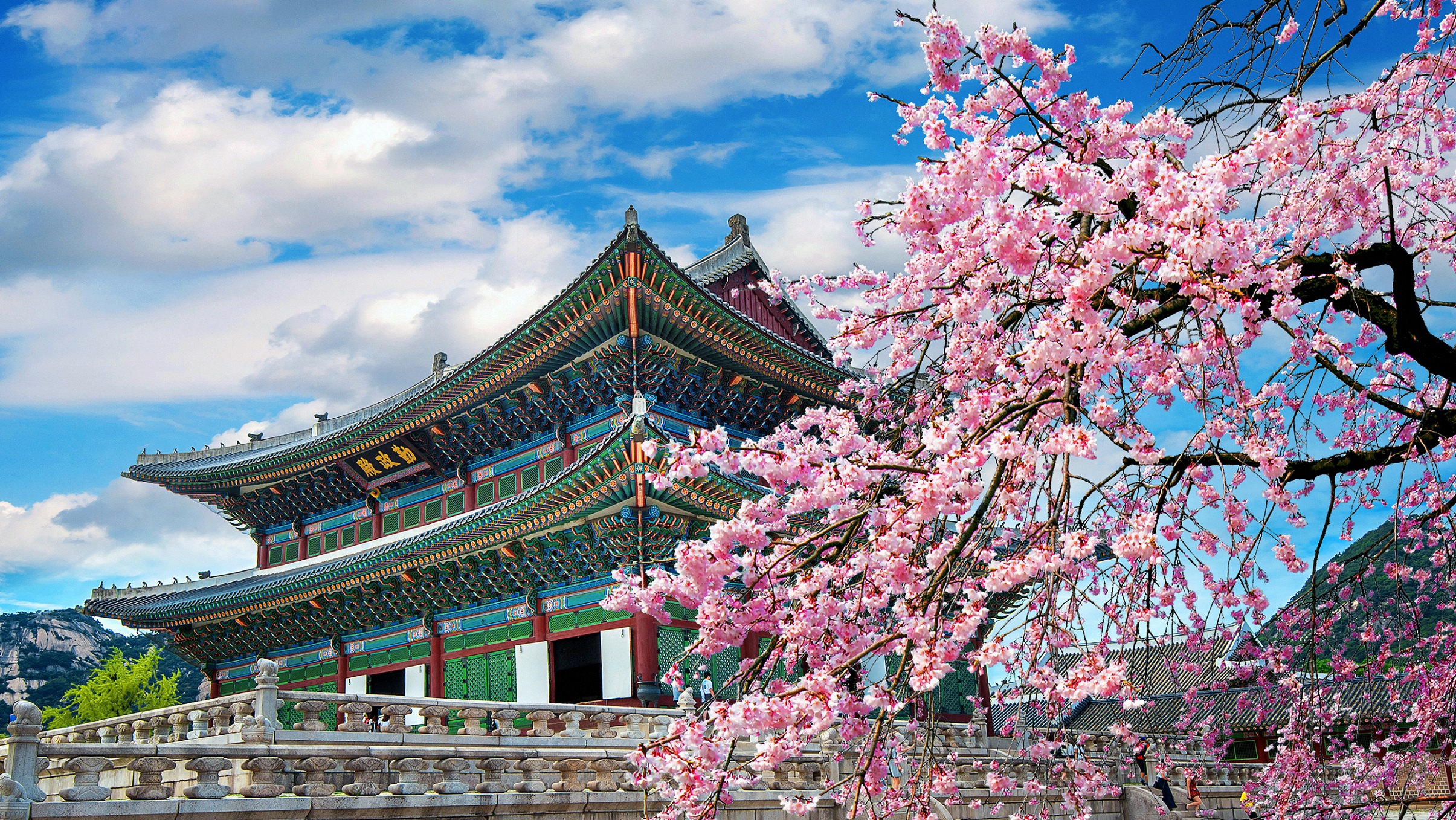
1. Although ‘inclusive growth’ is becoming a more commonly used term, many fail to grasp its true meaning. How do you feel the concept can be best communicated to the public?
Inclusive growth is a step towards a people-centered economy where everyone prospers. Until now, economic trends were focused on growth, capital and efficiency. This posed challenges to the Korean economy which manifested in disparities, polarization, unfair practices, and so forth. These challenges caused social conflicts which in turn, hindered economic growth. The solution to this is inclusive growth.
Seoul launched ‘Seoul, City of Economic Democratization’ last year to foster inclusive growth policies. This led to the transition of irregular workers to regular contracts, and the implementation of a worker-director and living wages system in an effort to improve unfair working conditions and enhance the economic sovereignty of the most vulnerable. I believe these efforts will ultimately reduce economic inequality and achieve greater fairness in the market structure. In other words, I believe ‘WEconomics’, the concept of growth that benefits all, not the one percent, is the principle of inclusive growth.
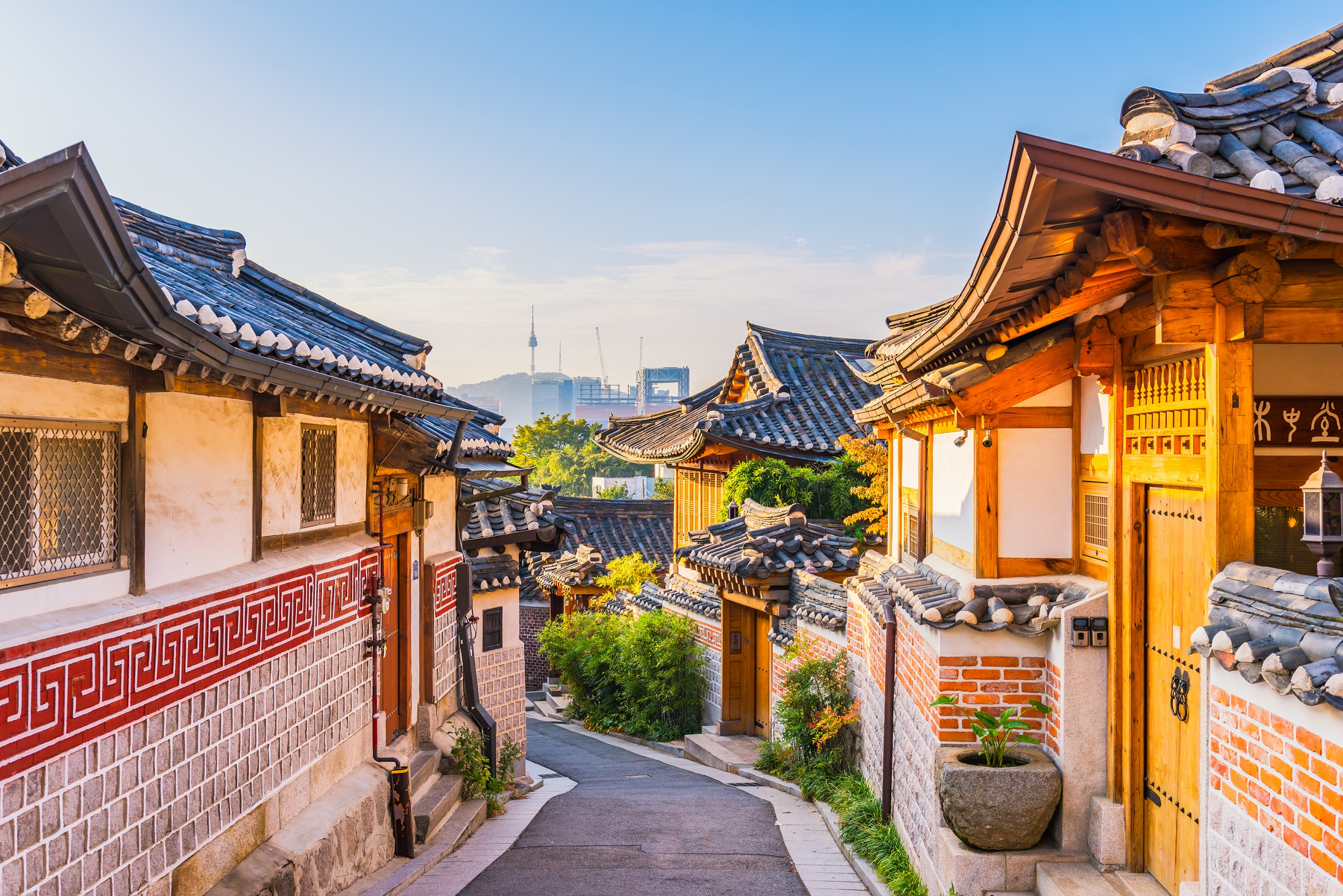
2. How is Seoul Metropolitan Government (SMG) seeking to address inequalities in the community? How are Seoul citizens participating in efforts towards a more inclusive community?
The Seoul Metropolitan Government has been offering consultation services such as the Commercial Lease Consultation Center, Unfair Practices Damage Counseling Center, and Small Business
Development Center to support the financially vulnerable within the local community. SMG also helps its residents overcome gentrification through the designation of buildings for long-term commercial leases and provision of support for a ‘win-win arrangement’ between the lessor and the lessee.
The ultimate goal of these policies is restoration of the true concept of community. SMG has established a ‘mutual understanding and incorporation of citizens in governance’ as its core principle and is actively trying to engage citizens in the policy making process. As a result, many citizens are able to take part in public-private committees, policy discussions, and public debate. I believe that though these efforts people will grasp the importance of shared prosperity.
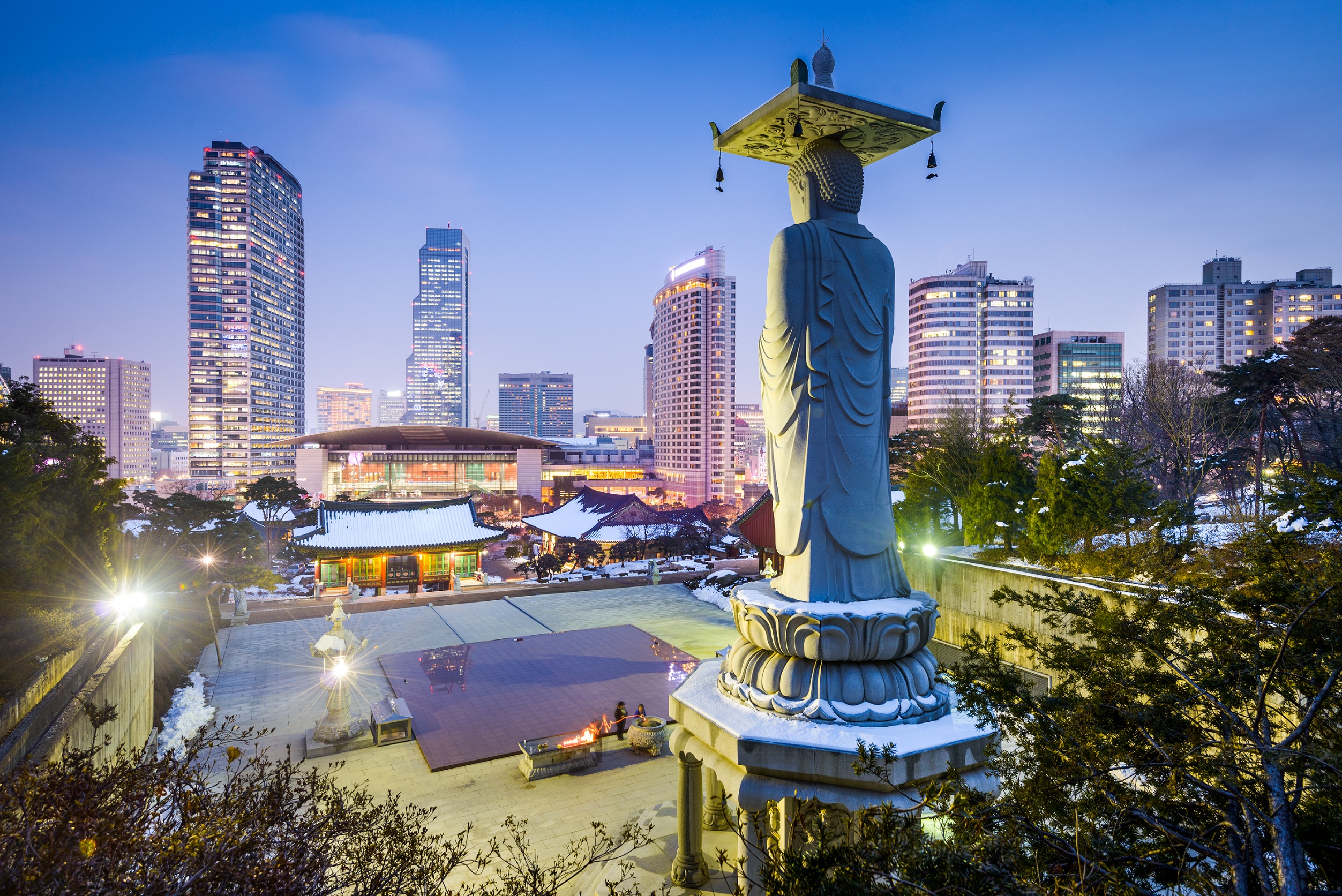
3. One of the main themes of the upcoming Champion Mayors event that you are hosting is to help cities pursue mutually reinforcing policies for climate change and inclusive growth. Why do you think it is important for cities to bridge their strategies for climate change and inclusive growth?
SMG has been pushing the ‘One Less Nuclear Power Plant’’ initiative to address climate change and challenges in the energy sector since 2012. For the last five years, Seoul has engaged in large-scale energy saving programs such as Ecomileage, Mini-photovoltaic panels, Energy Welfare Civic Fund, Energy Self-sufficient villages, and Car-sharing. Through these measures, Seoul successfully saved energy to the amount of two nuclear and four coal power plants, as well as reduced Green House Gas (GHG) emissions by 8,200,000 tons.
One Less Nuclear Power Plant goes beyond the realm of environmental policy. It is also about economics and welfare. The initiative embraces the environment, economy, and people; it is part of an endeavor to achieve a sustainable and safe future. The Third Champion Mayors Meeting will be a meaningful opportunity to discuss new approaches to bridging climate and inclusive growth strategies. I believe this event will bear fruit, and provide various multidimensional solutions and alternatives for the future of humanity.
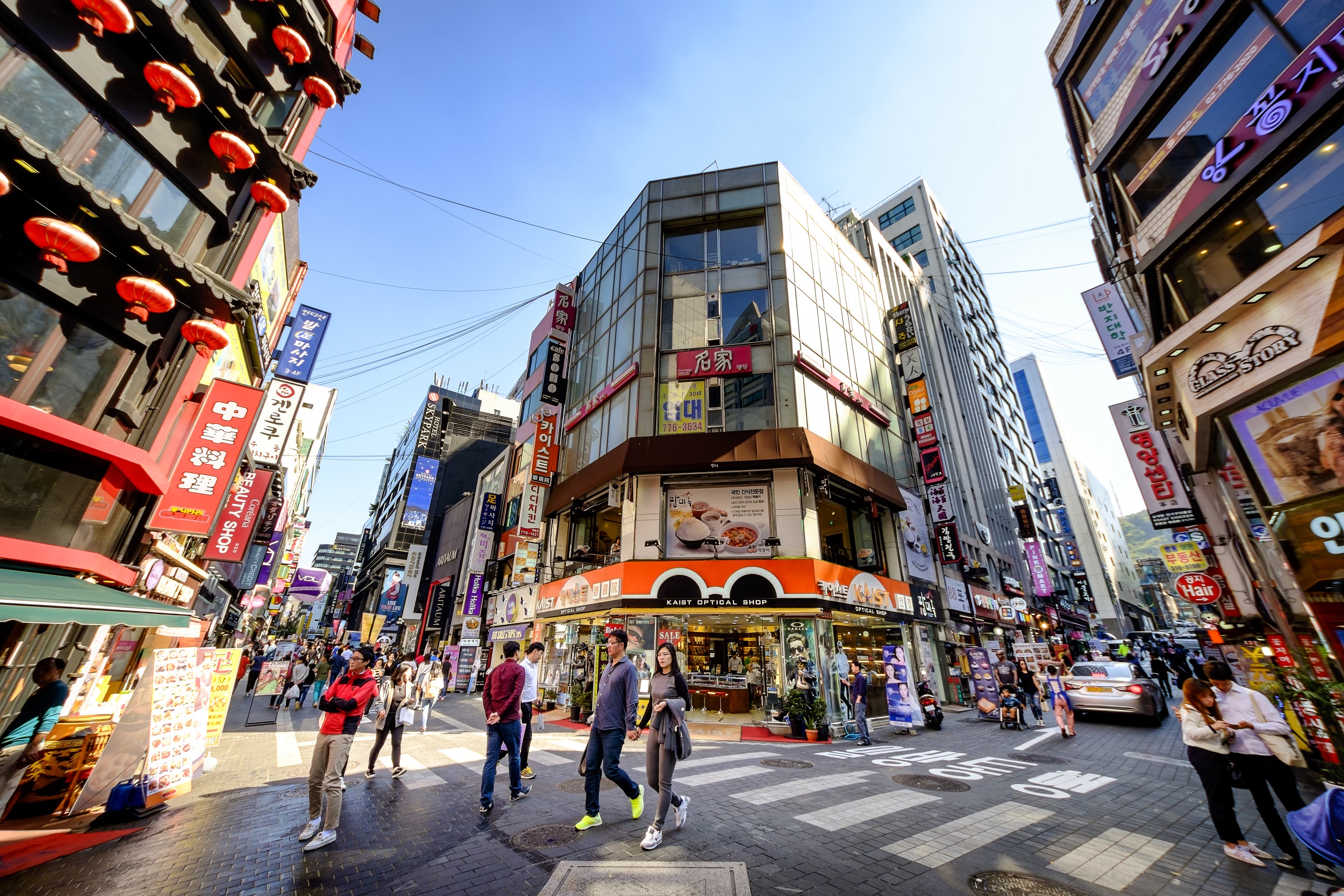
4. SMEs (Small and Medium-sized Enterprises; small businesses) face particular challenges in Seoul, and in Korea more broadly. What is SMG doing to help level the playing field for SMEs and how do these efforts contribute to more inclusive growth?
The System of Exclusive Designation of Businesses designates certain sectors in which only SMEs can engage, in order to protect them from the reckless expansion of large conglomerates. As a local government, SMG is restricted in this capacity, but is endeavoring to improve the system by conducting factual surveys and consultations.
SMG has also implemented various measures for small businesses, such as technology support, litigation insurance, and financial guarantees. These policies increase SME’s power by enhancing business sustainability, preventing IT leakage, providing damage relief, and improving access to finance. As more SMEs blossom into ‘small giants’, we will be able to foster mutual prosperity in Korean society.
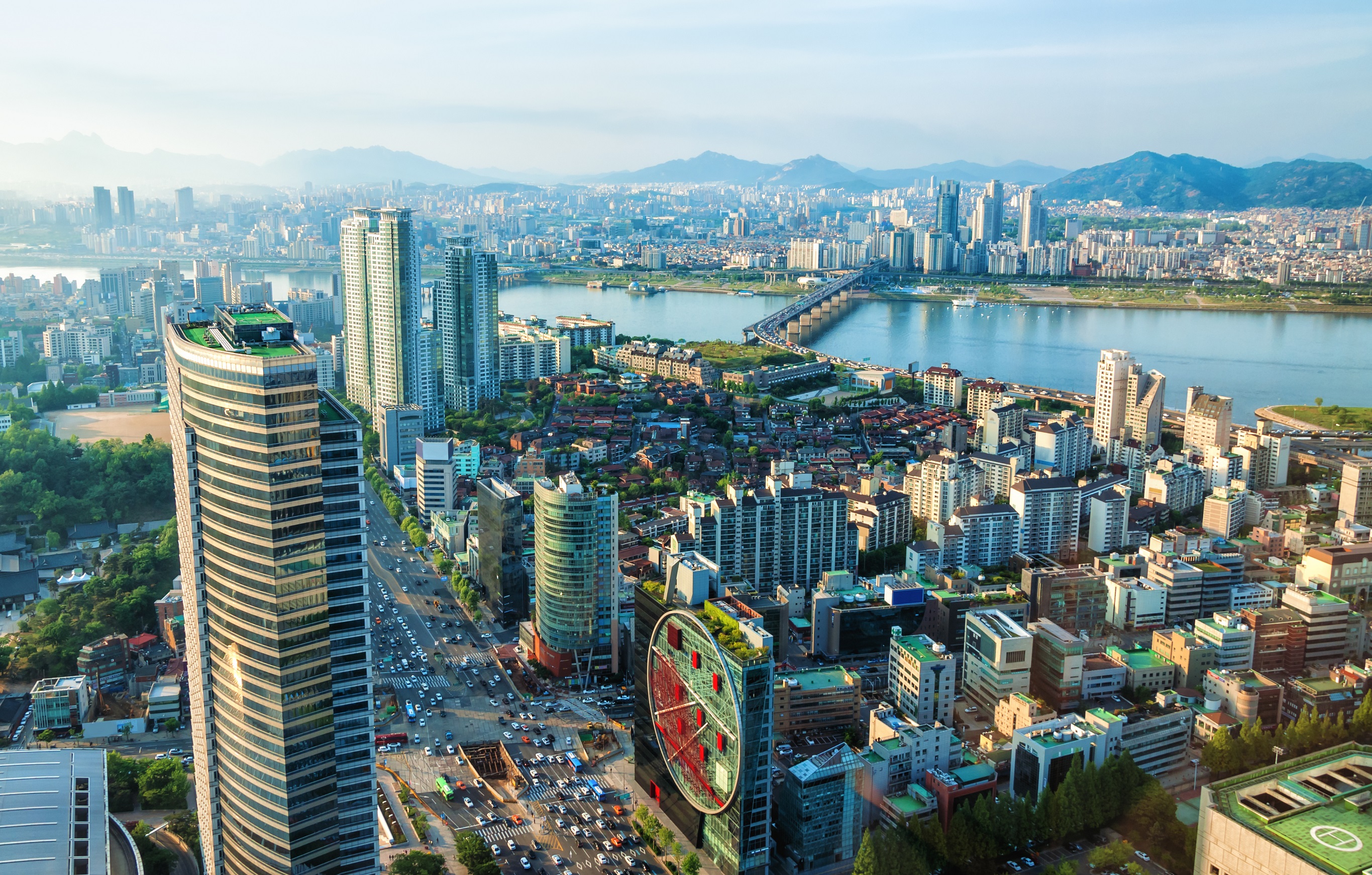
5. Given the recent stagnation that the Korean economy has seen, how has the OECD helped guide you in your approach to inclusive growth and economic democratisation in Seoul? Why do you think that so many people still feel society is unequal and unfair?
As an OECD Champion Mayor, I am honored to host the Third Meeting of Champion Mayors for Inclusive Growth in Seoul, and it has been a great opportunity to disseminate a shared understanding on the importance of inclusive growth in Korean society. I hope to share the Economic Democratisation initiative of Seoul with the rest of the world and receive objective feedback. Seoul will be able to readjust its next steps based on this feedback.
For the last few decades, the Korean economy has seen unprecedented growth. Once among the most impoverished nations in the world, Korea has been reborn as an economic power and became a member of the OECD in 1996. The world called this the miracle on the Han River. However, the miracle that cast light on Korea was not without its shadows. With economic growth, multidimensional inequality started to emerge in Korean society. Today, citizens are beginning to question inequality and injustice. The candles that lit Gwanghwamun Square in November 2016 represented frustration about exacerbating social inequality and economic polarization.
Economic growth attracts economic democratization, and the driving force is greater civic awareness. In this context, Seoul is heading in the right direction. All that remains to be done is to resolve the challenges that we share through mature civic awareness. I believe that what we are going through now is part of a leap towards an advanced society.

